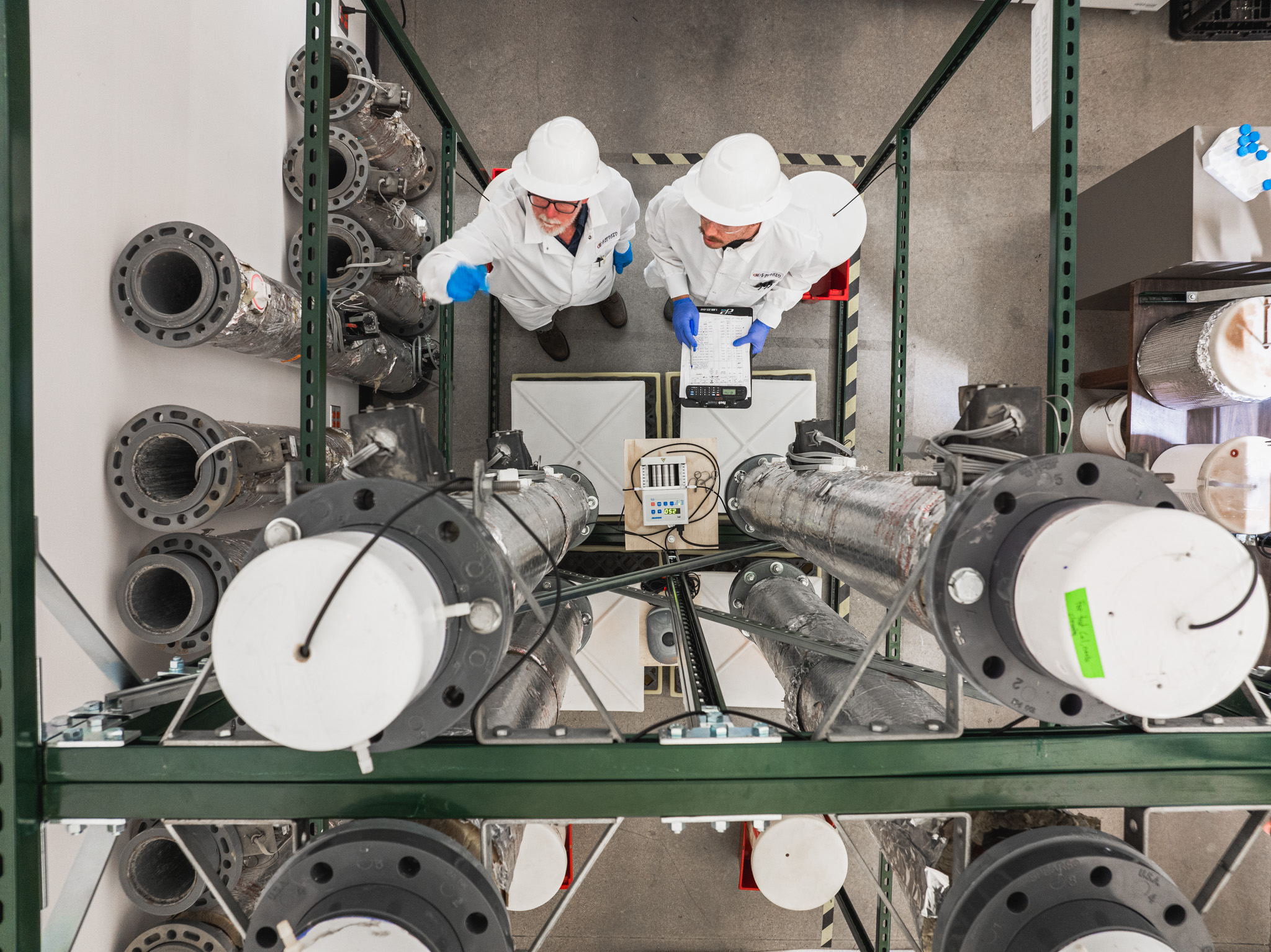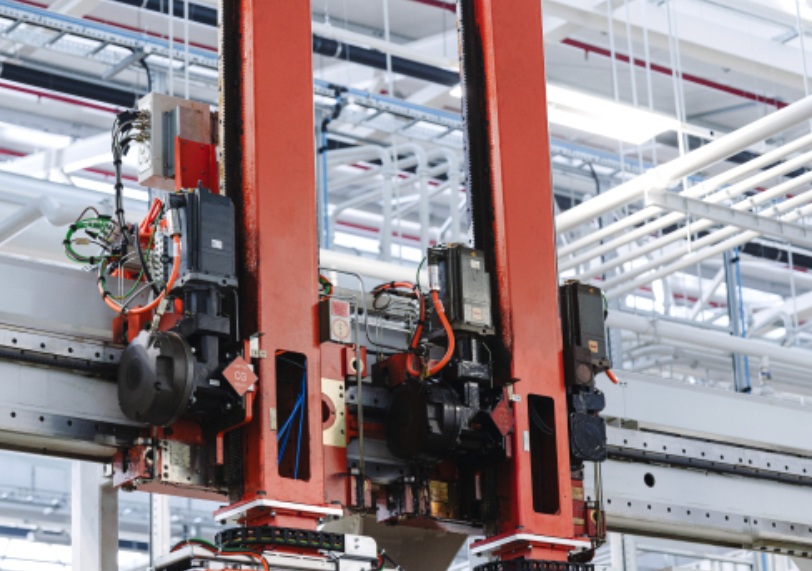Climate Insider Brief:
- Mitsui OSK Lines, a Japanese shipping company, has set up a venture capital arm called MOL Switch in Palo Alto, California, with a $100 million budget to invest in climate tech start-ups and venture capital funds.
- MOL Switch is focusing on investing in areas such as hydrogen energy, carbon removal, and battery technology, with investments in companies like Heirloom Carbon and Starfire Energy. The company’s presence in Palo Alto allows it to tap into the region’s vibrant ecosystem of tech giants and startups.
- MOL’s goal is to use its investments to drive innovation and decarbonization in the maritime industry, with the ultimate aim of achieving net-zero greenhouse gas emissions by 2050 and establishing itself as a “global social infrastructure company” that enhances the quality of life.
In the heart of Silicon Valley, a surprising newcomer has set up shop. Tomoaki Ichida, managing executive officer of Mitsui OSK Lines, has established a presence in Palo Alto, California, with a $100 million budget to invest in climate tech start-ups and venture capital funds. The Japanese shipping company’s venture capital arm, MOL Switch, is driving innovation in areas like hydrogen energy, carbon removal, and battery technology.
Ichida, who has spent 30 years with MOL, sees the Bay Area as an ideal location for MOL Switch due to its vibrant ecosystem of tech giants and startups. “In Palo Alto, there’s an ecosystem to create new technologies,” he said in an interview with TradeWinds. “Many of the world’s top companies have been born here, and we believe that we can tap into that innovation.”
The company has tapped into this ecosystem by setting up MOL Switch, a corporate venture capital fund to spend its budget in a way that drives a shift – or switch – in the way industry thinks about energy. With Ichida as its chief executive, the unit was created last year to focus on a few key areas of climate tech. One is the hydrogen value chain, where it has invested in a company focused on producing ammonia from green hydrogen and is also looking at other low-carbon energy sources.

MOL Switch has also made investments in carbon removal and battery technology. For example, it has invested in Heirloom Carbon, which operates the first commercial-scale facility in the US for direct air capture technology that sucks CO2 out of the atmosphere. Another investment is Starfire Energy, which makes modular power systems fueled by ammonia.
Ichida believes that MOL Switch’s location in Palo Alto will play a crucial role in the company’s long-term commitment to climate tech and social infrastructure development. “The most important thing is to keep our office and activities in Palo Alto for a long time in order to create value and engage the next and the next-next generation,” he said.
MOL Switch has already formed connections with Stanford University, which shares its goal of decarbonizing transportation. The company has even taken students from the university on tours of ports in Los Angeles and Long Beach, introducing them to the challenges of decarbonizing the maritime sector. “Some of the brightest students in the world came to the port and were so excited to see the port operation,” Ichida said.
Ichida also sees obstacles for some of these technologies to become new fuels for powering ships, but notes that there may be more opportunities for offshore power generation. For example, Core Power is working on nuclear energy for propulsion for ships and floating power solutions.
MOL’s Palo Alto office is within walking distance from Stanford University’s campus, where some of the world’s top tech companies were founded. Photo: Eric Priante Martin
MOL Switch has also leveraged its presence in Palo Alto to make connections with other venture capital firms and tech innovators. Ichida believes that this proximity has allowed him to reach out to startups more easily than if MOL Switch were based elsewhere. “Without having an office here, I believe it would be difficult to reach out to start-ups,” he said.
Ichida emphasized that MOL’s commitment to climate tech is not limited to its Palo Alto office. There are many young people at the company’s Tokyo headquarters who are interested in climate technology as well as traditional shipping industries. And outside Japan, MOL employees are exploring new business opportunities while still working on the company’s shipping core.
MOL’s efforts are part of its broader goal of investing further upstream and downstream in industries emerging as a result of decarbonization. The company aims to achieve net-zero greenhouse gas emissions by 2050 and establish itself as a “global social infrastructure company” – a term for companies that aim not just to make a profit but enhance the quality of life.
As MOL continues its journey towards becoming a social infrastructure company, its presence in Palo Alto will play a key role in driving innovation and collaboration. With Ichida at the helm of MOL Switch, the company is poised to make a meaningful impact on the maritime industry’s transition to a low-carbon future.
SOURCE: TradeWinds
Featured Image: Credit: Eric Priante Martin
To stay informed about the climate industry explore our latest climate tech news.








